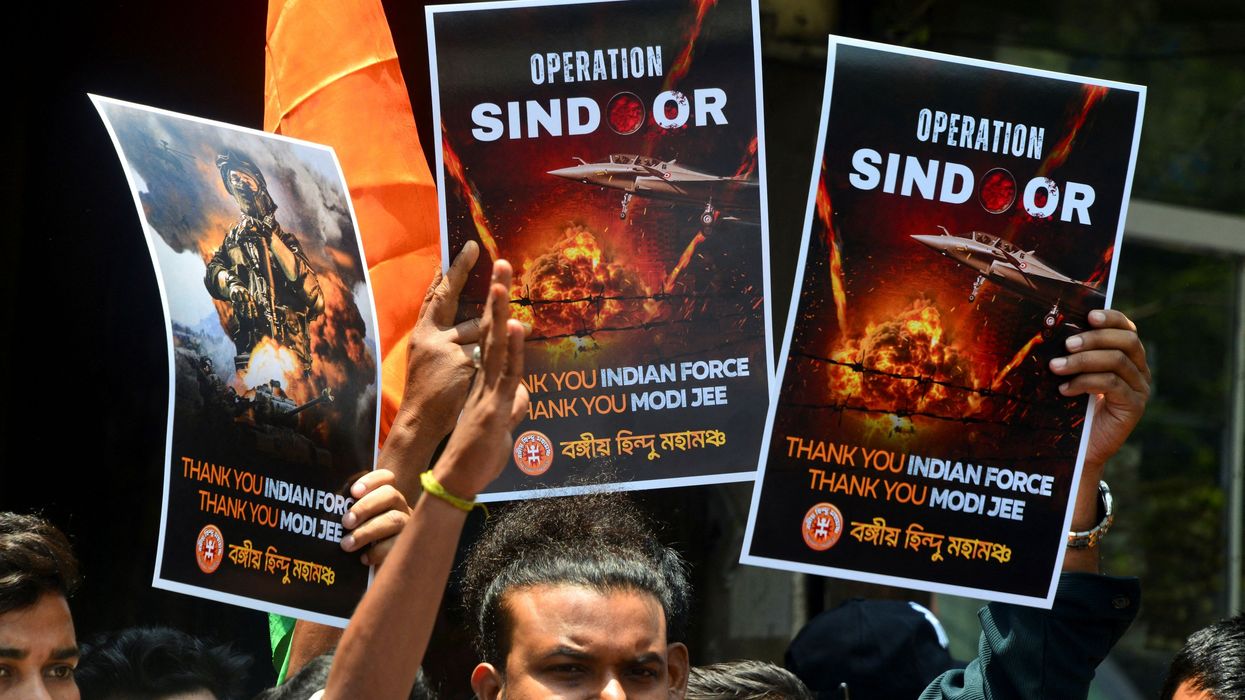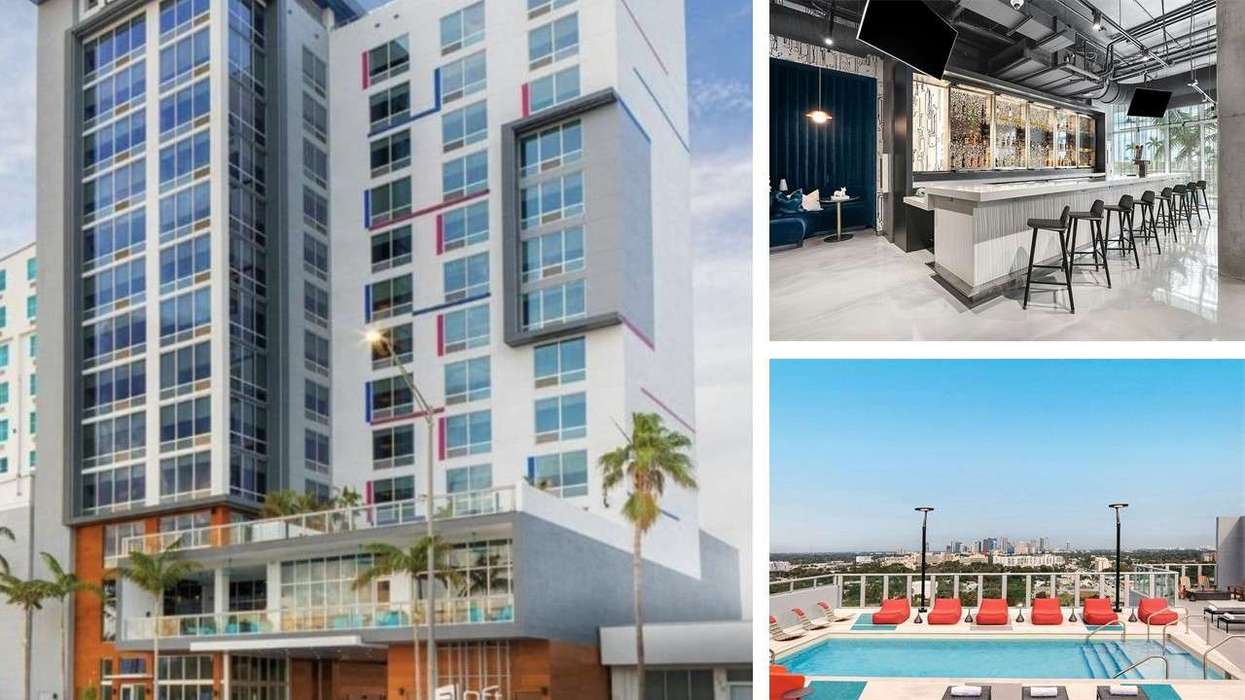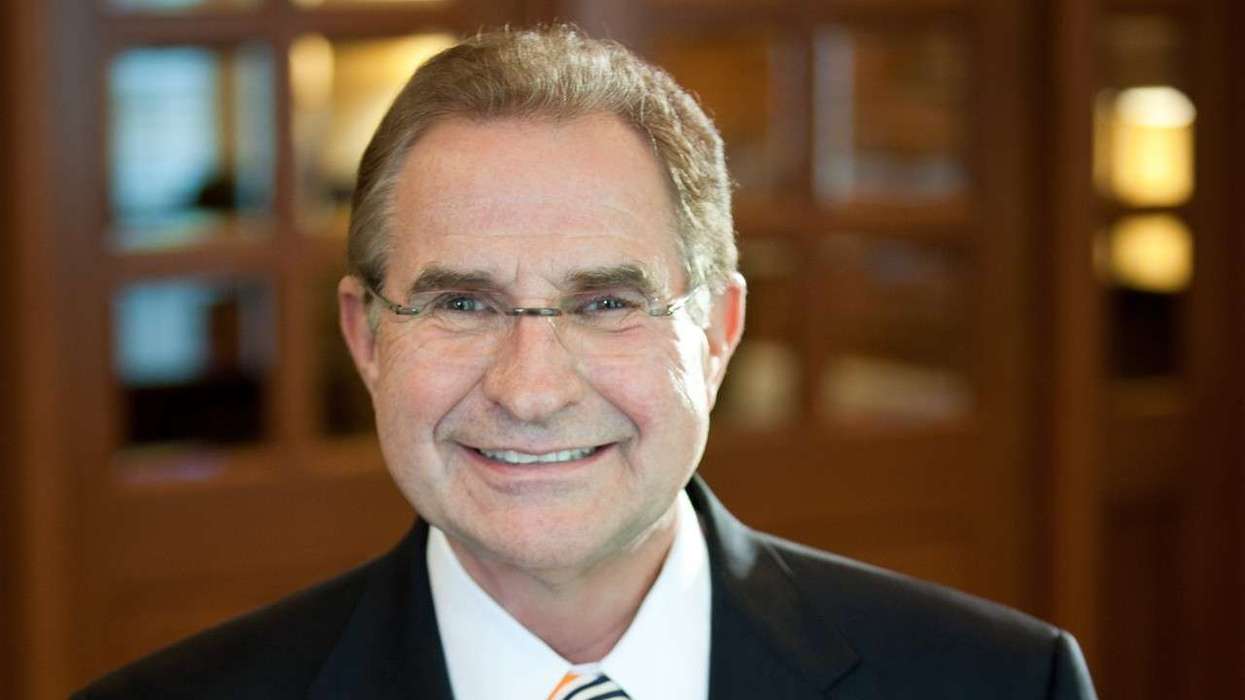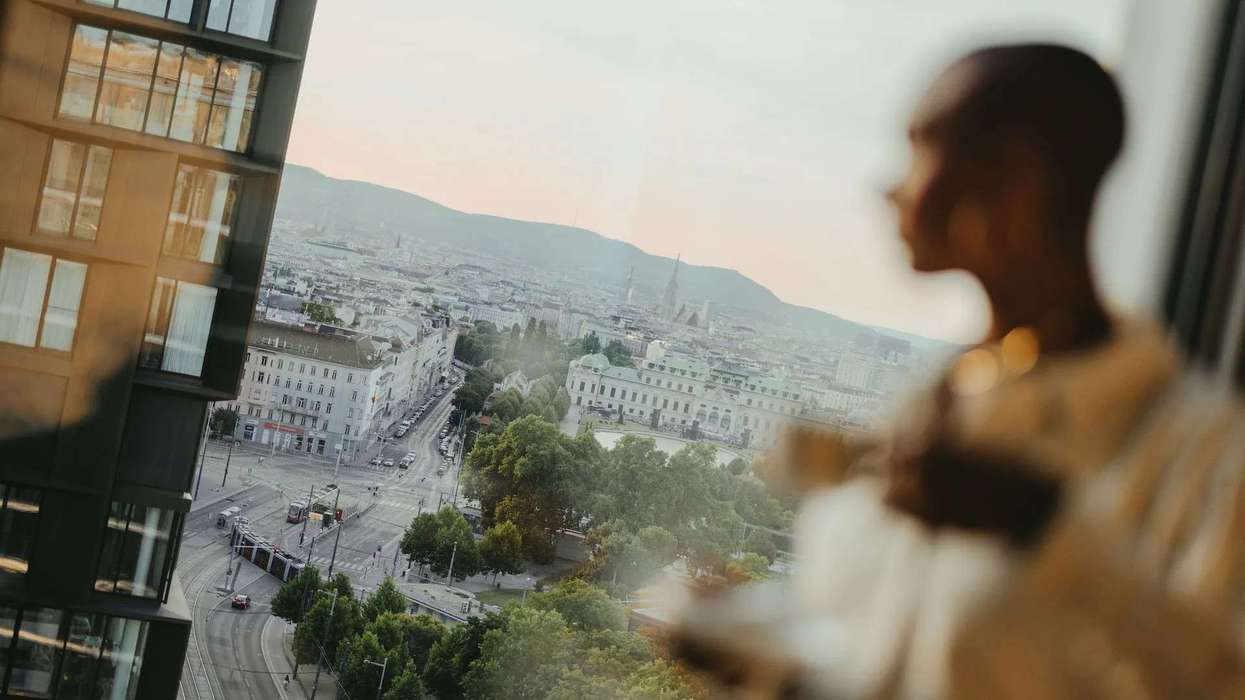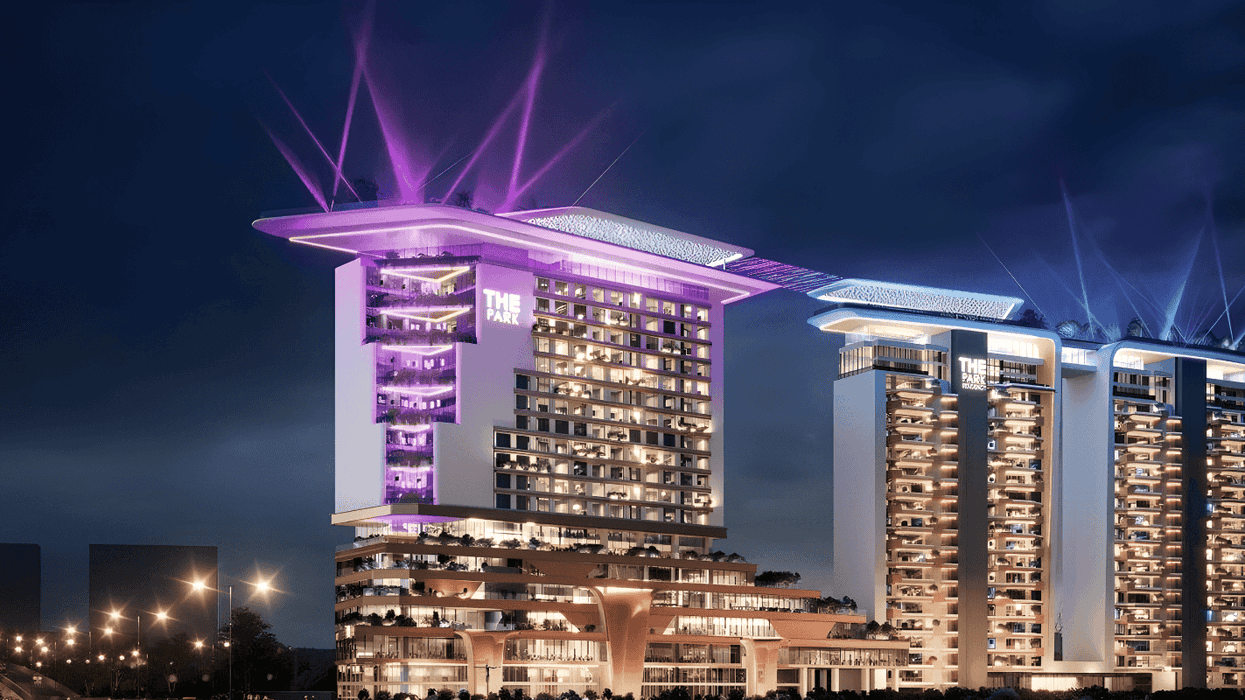India-Pakistan Conflict Disrupts Hotel Bookings
FOLLOWING INDIA’S “OPERATION Sindoor,” a cascading crisis has hit the hospitality and travel sectors. More than 50 percent of bookings were canceled in major cities, while online travel platforms suspended international offerings.
Operation Sindoor was India’s response to the April 22 terror attack in the town of Pahalgam in the state of Jammu and Kashmir that killed 26 people, mostly tourists. India and Pakistan have agreed to a ceasefire for now, but the crisis is still having an impact from hotel lobbies to airline counters and tourist sites, according to media reports.
India launched Operation Sindoor on May 7, targeting nine camps in Pakistan-occupied Kashmir and neutralizing an estimated 100 terrorists, Hindustan Times reported, citing Indian Army officials. Pakistan retaliated and both sides have accused the other of violating the ceasefire, triggering a cycle of violence that has spilled into civilian sectors, particularly tourism and hospitality.
“This is a proud week for India, but also a deeply sad one,” said California-based hotelier Sunny Tolani in an interview. “Radical Islamic terrorists attacked a tourist city, our hospitality hub, during a U.S. vice president’s state visit. The brutality of that attack shook us all.”
Cancellations: The new norm
Major hospitality chains, including Tata Group-owned Indian Hotels Company Ltd—the parent of the Taj brand—and Ventive Hospitality, a partner to Marriott International and Hilton Worldwide Holdings in India, reported sharp business declines, according to Financial Express.
“More than 50 percent of bookings across Mumbai, Delhi, Bengaluru and Chennai were canceled in the past week,” an industry executive was quoted as saying in the report. “We expect at least a 40 percent slump in May revenue if this continues.”
HSBC Global earlier estimated that IHCL could face daily EBIT losses of Rs 1–1.5 crore (approximately $120,000 to $180,000), while Ventive may lose around Rs 50 lakh (about $60,000) per day, largely due to reduced inbound international travel. Corporates such as HDFC Bank, Axis Bank, and Tata Communications have also issued travel advisories.
“The safety and security of our guests and associates is of paramount importance to us,” an IHCL spokesperson said, according to the Financial Express. “This is an evolving situation, and we are monitoring developments closely.”
IPL, other events suspended
Corporate events and conferences—a key hotel revenue stream—have been directly affected. One Chennai hotel saw 100 room cancellations for a single event; another in Mumbai's Juhu area reported losses of Rs 1 crore (approximately $120,000) in two days due to scrapped functions.
“Corporate travel and MICE (meetings, incentives, conferences, exhibitions) are feeling the impact, with companies restricting non-essential travel and rescheduling events,” said Mandeep S. Lamba, president and CEO at HVS ANAROCK, a hospitality consultancy firm.
The Board of Control for Cricket in India temporarily suspended the Indian Premier League, a tournament that books more than 30 luxury hotels across 13 cities, including Mumbai, Ahmedabad, and Hyderabad. The suspension deepens losses, though new dates for the tournament have been announced.
Meanwhile, hotels have begun implementing cost-saving measures.
“Top-level meetings were held late last week to determine steps like hiring freezes, limiting gig staff, and reducing heating, lighting, and power consumption,” an executive from a five-star hotel chain told FE.
Properties are also reportedly consolidating guests on specific floors to optimize energy usage.
Boycotts trending
The fallout extends to international markets. On May 10, online travel platform Ixigo suspended all hotel and flight bookings to Turkey, China and Azerbaijan after these countries condemned Operation Sindoor and warned of escalation.
“Enough is enough! Blood and bookings won’t flow together,” said Ixigo CEO Aloke Bajpai in a post on X.
Cox & Kings and Travomint followed suit. Karan Agarwal, director at Cox & Kings, confirmed suspending all new travel offerings to Azerbaijan, Uzbekistan, and Turkey.
“This is driven by our commitment to uphold principles that matter deeply to us and the people of our country,” he said.
“We have decided to support the Indians' call for boycotting Turkey and Azerbaijan,” said Alok Singh, CEO of Travomint.
Long-standing frustrations
For Tolani, the situation has reopened old wounds.
“Since 1947, India has pursued diplomacy,” said Tolani, who is also the founder and CEO of The Prince Organization. “We are rooted in non-violence. But what has that gotten us? Ceasefire violations, terror attacks, and now full state funerals for terrorists.”
He referred to Pakistan’s decision to give state burials—typically reserved for heads of state—to those killed in Operation Sindoor.
“That wasn’t a condemnation; it was an endorsement,” Tolani said. “Pakistan’s civilian government is powerless. The army and ISI run the country. Not one democratic administration has completed a full term in over 70 years.”
Tolani said he has reached out to global leaders, including U.S. President Donald Trump and Chinese President Xi Jinping. Still, he believes only India and the U.S. can dismantle the regional terror infrastructure.
“Let’s not forget, many of the 9/11 terrorists trained in the same camps targeting India today. These are not isolated threats, they are globally intertwined.”
Hope amidst hostility
Despite the tension, Tolani expressed empathy for the Pakistani people.
“Many Indians have family across the border. I have cousins in Pakistan,” he said. “Our bloodlines are connected. But they’re suffering under a military stranglehold.”
He suggested that countries like Bangladesh and China could help by creating jobs and dignity.
“Give the people something dignified—factories, jobs, hope,” Tolani said. “This constant drumbeat of declaring India and the U.S. as enemies is ruining them.”
